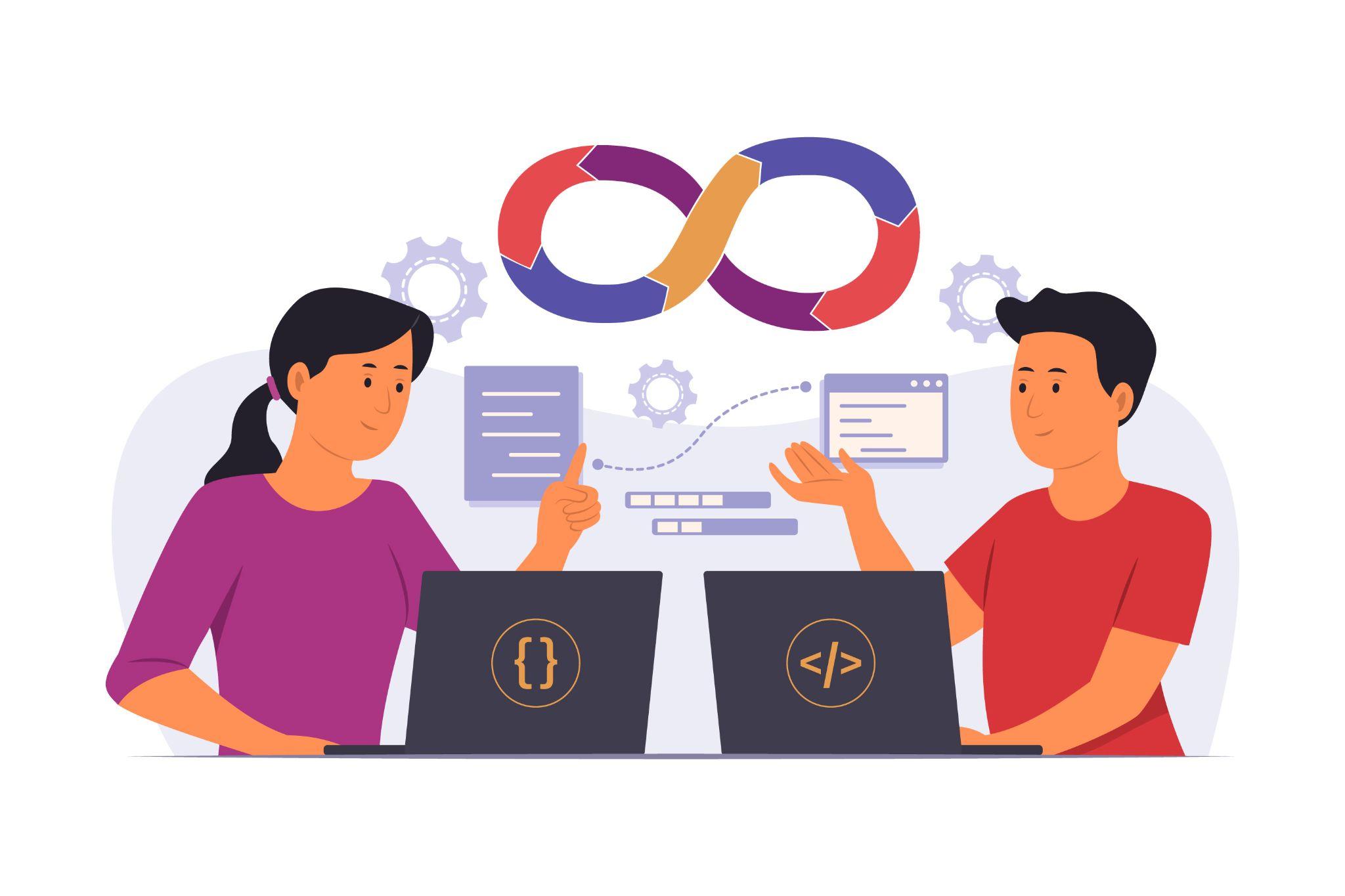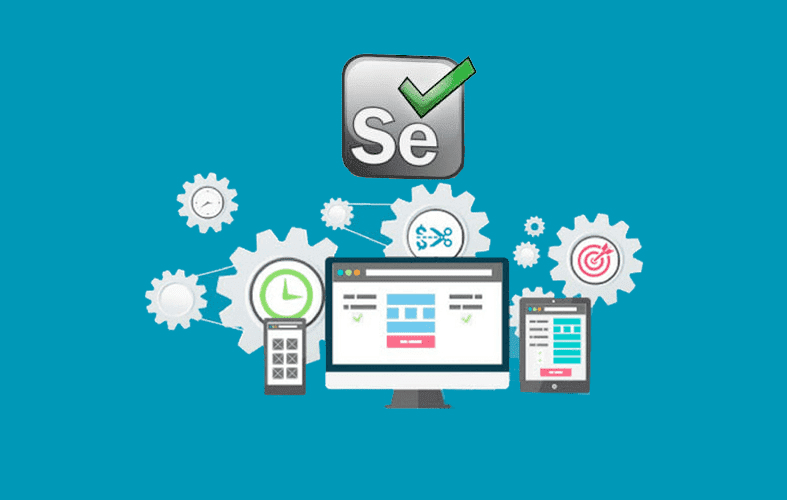 The landscape of tech in today’s world is evolving rapidly, which has led to the emergence of combining DevOps practices with the process of custom software development to achieve high-grade product engineering. There have been a number of advancements in technology in the field of product engineering, and integrating custom software and DevOps is one of them.
The landscape of tech in today’s world is evolving rapidly, which has led to the emergence of combining DevOps practices with the process of custom software development to achieve high-grade product engineering. There have been a number of advancements in technology in the field of product engineering, and integrating custom software and DevOps is one of them.
Such integration allows organizations to improve the lifecycle of their product development, add to their efficiency, and yield quality solutions that align with the dynamic expectations of the market. This makes a strategic imperative beyond simply being in trend.
In this article, we will talk about how the integration of custom software development and DevOps consulting can improve the quality of product engineering.
Better collaboration and communication
When it comes to product engineering, the combination of DevOps and software development prompts a culture of effective collaboration as well as communication. The Development and Operations teams typically work on their own – however, such misalignment leads to lower quality of product, because they work towards individual goals instead of focusing on the product, leading to miscommunications.
A custom software development agency merges these teams, thus resulting in DevOps. This promotes harmony between the said teams by encouraging cross-functional operations throughout the lifecycle of the product. This furthers a shared understanding of the overall project goals rather than individual goals, thus promoting collaboration, coordination, and improved communication.
Efficient process of development
When you merge DevOps practices and custom software development, it makes the development process of your product more efficient as well as streamlined. This efficiency results in reduced manual effort, fewer errors, and an accelerated process of development.
This is because DevOps lays more emphasis on test automation and CI/CD (continuous integration/continuous delivery) pipelines, thus automating the building, testing, as well as deployment of software. Such automation can help the teams focus more on quality coding rather than repetitive, tedious tasks. This efficiency makes it possible to deliver faster and more reliable products.
Better agility and flexibility
If you employ product engineering services, you will understand how the nature of custom software development is dynamic, consistently shifting, and progressive. This requires a high level of agility and flexibility from DevOps teams, who support this by making the creation of multiple versions possible and having continuous feedback loops.
DevOps enables revisions to be made, tested and deployed rapidly, prompting the development teams to respond in time to the demands of the market and the feedback of the customers. Such agility allows for improvement in the quality of the software by implementing real-time inputs and ensures that the product that is delivered aligns with the expectations of the user as well as technological advancements in the industry.
Quality Assurance
One of the most crucial aspects of product engineering is Quality Assurance – this can be helped significantly by integrating DevOps services from a cybersecurity services company. Such practices ensure automated testing is carried out at every step of the software development, including tests for integrations, units, performance, as well as security.
Quality Assurance ensures that all these tests are continuously executed in the CI/CD pipelines and that defects and faults are promptly identified and solved early on in the process of software development. This significantly reduces the chances of any bugs reaching the production stage. Thanks to such quality checks, the end product that is delivered is high-quality and more reliable.
Scalability
When we talk about the process of custom software development, it often needs to have the flexibility of scaling up as it needs to accommodate the increasing user base and data loads. Because of this, DevOps introduces containerization and infrastructure as code (IaC) practices, which pave the way for the reliability and scalability of the software.
Containerisation and Infrastructure as Code (IaC), when put together, ensure that the software has the ability to scale and stays reliable irrespective of the user and data loads. This is because containerisation makes use of tools such as Docker and Kubernetes that help the applications function seamlessly throughout different environments, making them more reliable. On the other hand, IaC manages and provisions infrastructure through codes, thus making it easier to replicate and ensuring consistency.
Cost-effectiveness
The main objective of any product engineering is quality, but the amalgamation of DevOps consulting and custom software development also leads to cost efficiency. Automating the process, detecting bugs and defects at an early stage of development, efficiently managing resources, and quality assurance measures in check can reduce the overall cost of development and maintenance of any software.
Other than that, you can be assured that no resources are wasted on redundant or obsolete features as the development process quickly adapts to the changing needs of the industry as well as users. Such cost efficiency helps a company in the effective allocation of resources, thus ensuring the high quality of its products.
Final thoughts
To sum it up, a company that offers product engineering services must integrate DevOps with custom software development to ensure collaboration, efficient communication, streamlined processes, enhanced agility, continuous testing and integrating feedback, and more.
With the consistent evolution of the technological landscape in the world, organisations need to find scalable solutions that will meet the needs of their users as well as the industry. This can result in better products, as well as a more responsive, innovative, and efficient environment and process for software development.








